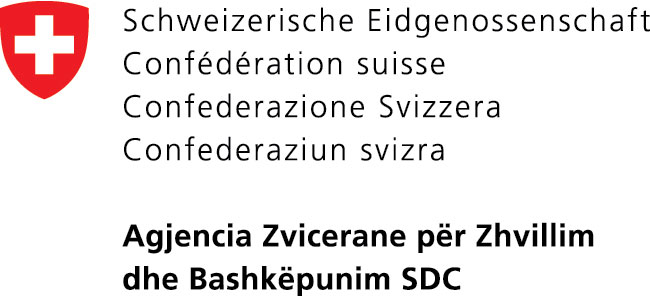On the afternoon of July 21, 2019 I was in the province of Campobase in southern Italy, where for more than five centuries in the villages: Kërmarini (Campomarino), Muxhufuni (Montecilfone), Portokanunone (Portocannone) and Ruri (Ururi) lives a vital Arbëresh community who has managed to preserve the language, tradition and folk art from the country of origin.
Accompanied by two emigrants from Switzerland: Gjergj Prenkoçaj and Shefqet Cakolli, after we had previously visited Ruri (Ururi) and Kërmarino (Campomarino), we arrived at dusk in the evening, at 19 o’clock, in the centre of Portokanun, where some residents here, of different ages: the elders in front of one bar and the young in front of the other bar, where while talking they toasted with ordinary daily drinks. As soon as we approached the first group consisting mainly of the elderly, telling them that we were from Kosovo and lived in Switzerland, but that during this trip we wanted to get acquainted with this part of “our shed blood”, they welcomed us with a cordially and even agreed to shoot as many shared photos.
Later, I paid an occasional visit to the church of San Pietro and Paolo, where a number of believers attended a prayer service. While in the historical centre itself there was also a kind of rectangular fortress, the walls of which are composed of almost the same houses.
In terms of position this Arbëresh settlement is located on a hill 148 meters above sea level, near the right bank of the river Biferno and is about 65 km from the regional capital. We learn that Portkanun is one of the four municipalities of the Province of Campobasso inhabited by Arbëresh, along with Kërmarin, Maxhufun and Ruri, these localities that for centuries preserve the language, customs and culture of Arbëresh. Even from this town a large part of the population has migrated for a better life in the north of the country or even outside Italy, while a good part of the population that has remained here deals mainly with the planting and cultivation of olive plants, to as we learned from the sources who speak of this settlement, the town joins the ranks of the National Association of Oil Cities, which aims to promote olive oil and the very territories where this crop is produced.












